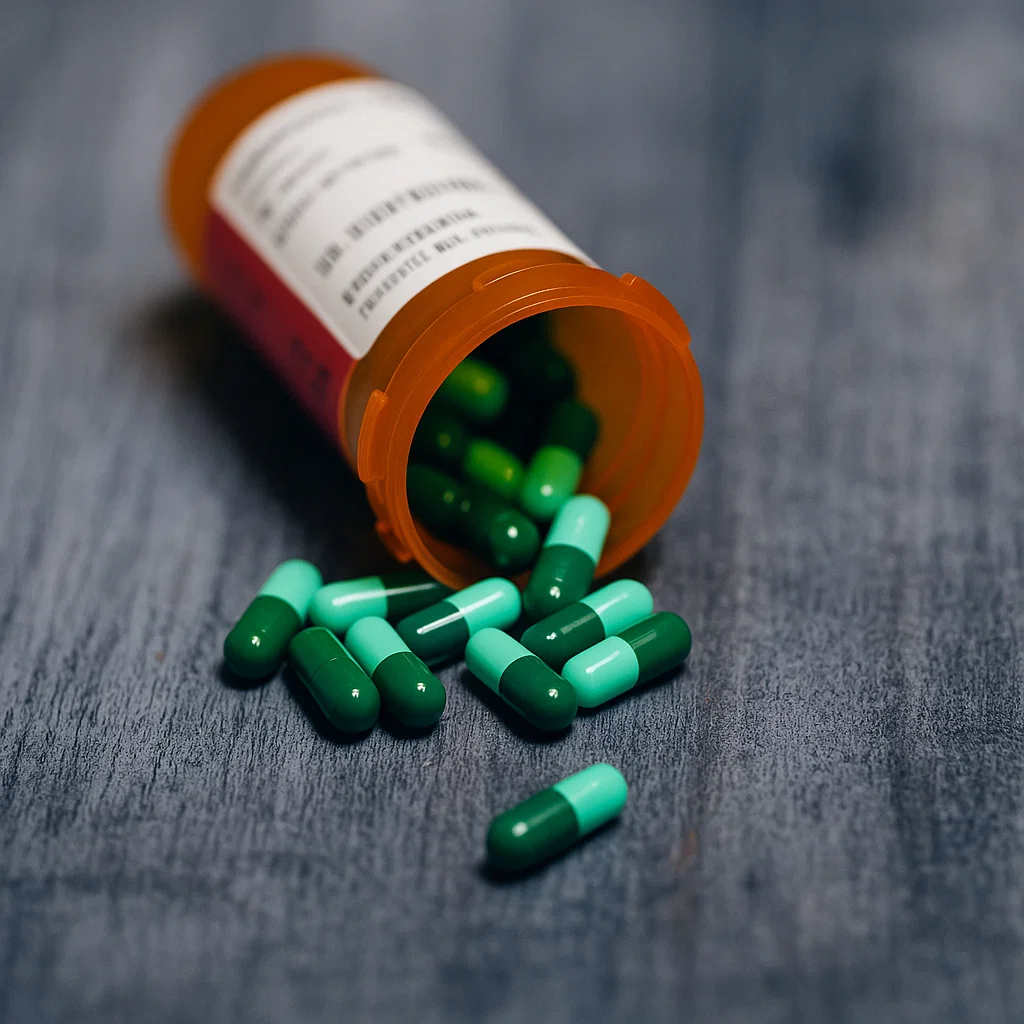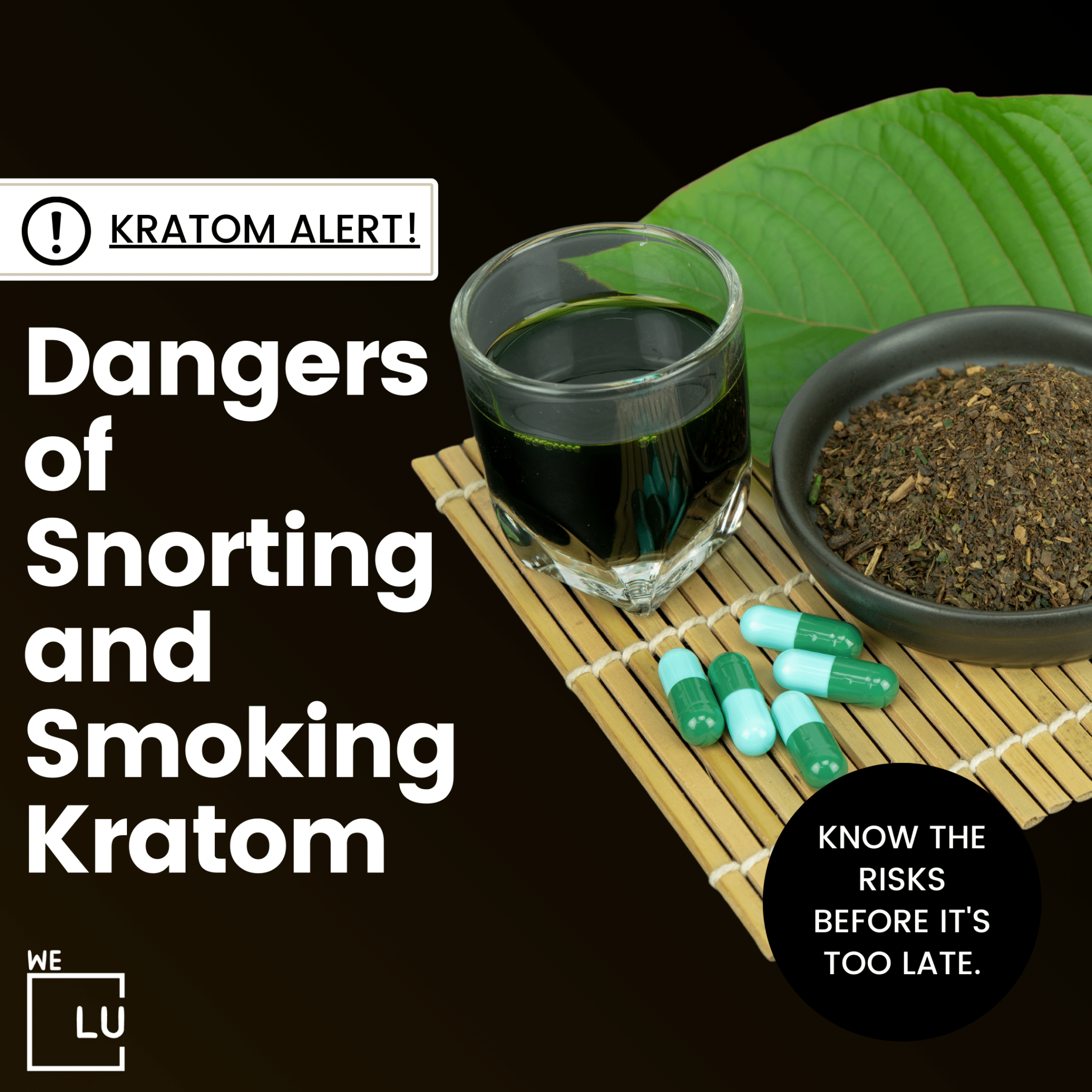While Zoloft (sertraline) is commonly prescribed to alleviate symptoms of depression and anxiety in both men and women, its impact on individuals can exhibit gender-specific variations, particularly in terms of sexual side effects. The medication, belonging to the selective serotonin reuptake inhibitor (SSRI) class, is known for its potential to influence libido, sexual desire, and performance.
Men and women may experience distinct effects in the realm of sexual function. Difficulties such as erectile dysfunction and delayed ejaculation are some of the common Zoloft side effects in men. In contrast, women may encounter challenges like decreased libido and difficulties reaching orgasm. Recognizing these gender-specific nuances is crucial for healthcare providers in tailoring treatment plans that effectively address mental health concerns while minimizing potential side effects. Open communication between individuals and their healthcare providers is essential to navigating and mitigating these effects, ensuring a balanced approach to mental well-being.
What Is Zoloft?
Zoloft, the brand name for the generic drug sertraline, is an antidepressant medication belonging to the selective serotonin reuptake inhibitor (SSRI) class. It is commonly prescribed to treat various mental health conditions, including major depressive disorder, obsessive-compulsive disorder, panic disorder, social anxiety disorder, and post-traumatic stress disorder. By increasing serotonin levels, a neurotransmitter in the brain, Zoloft helps restore balance and alleviate symptoms associated with mood disorders.
The medication is typically taken orally, once daily, with or without food. Individuals must follow their healthcare provider’s instructions carefully and attend regular check-ups to monitor progress and address concerns. While generally well-tolerated, Zoloft, like other SSRIs, may cause side effects, and individuals should report any unusual symptoms or adverse reactions to their healthcare provider. As with any medication, the decision to use Zoloft should be made in consultation with a healthcare professional who can assess individual needs and considerations.
Zoloft Side Effects In Men
Zoloft (sertraline) is an antidepressant medication that can be associated with various side effects in men. Individual responses to the drug can vary, and not everyone will experience the same side effects. Here are some potential side effects of Zoloft in men:
Common Side Effects:
- Nausea and Upset Stomach: Gastrointestinal symptoms such as nausea and upset stomach are common side effects.
- Insomnia or Sleep Disturbances: Zoloft may affect sleep patterns, leading to difficulty falling or staying asleep.
- Headache: Headaches are a possible side effect.
- Sexual Side Effects: Men may experience sexual side effects, including changes in libido, difficulty achieving or maintaining an erection (erectile dysfunction), delayed ejaculation, or anorgasmia (inability to reach orgasm).
Less Common Side Effects:
- Dizziness: Some men may experience dizziness or lightheadedness.
- Dry Mouth: The feeling of dryness in the mouth is a less common side effect.
Serious Side Effects:
- Serotonin Syndrome: While rare, serotonin syndrome is a potentially life-threatening condition characterized by symptoms such as confusion, hallucinations, seizures, extreme changes in blood pressure, increased heart rate, fever, excessive sweating, shivering or shaking, blurred vision, muscle spasm or stiffness, tremor, incoordination, stomach cramp, nausea, vomiting, and diarrhea.
- Allergic Reactions: Allergic reactions, though rare, can occur and may include symptoms such as rash, itching, swelling, severe dizziness, or difficulty breathing.
Zoloft Side Effects In Men
Common sexual side effects in men taking antidepressants, including Zoloft (sertraline), often involve changes in libido, difficulties in achieving or maintaining an erection (erectile dysfunction), and delays in or inability to reach orgasm. These side effects can have a significant impact on a person’s sexual function and overall quality of life. It’s crucial for individuals experiencing these effects to communicate openly with their healthcare provider. Sometimes, adjustments to the dosage, switching to a different antidepressant, or adding other medications can be considered to manage these side effects while maintaining the effectiveness of the treatment for the underlying mental health condition.

Skip To:
Learn More:
- Zoloft Side Effects, Common and Serious Side Effects, Interactions & Alcohol
- Zoloft Side Effects In Women. Zoloft Side Effects. What You Need To Know.
- Zoloft Withdrawal, Dependence, Side Effects & Overdose
- Zoloft And Alcohol Side Effects, Effects on Depression, Risks & Treatment
- High-functioning depression, Symptoms, How does it feel, Major Depression Episodes & Treatment
- Depression And Anxiety Quotes, 101 Positive Quotes to Help You With The Struggle

Get Your Life Back
Find Hope & Recovery. Get Safe Comfortable Detox, Addiction Rehab & Dual Diagnosis High-Quality Care.
Hotline (855) 695-1160
Mild Zoloft Side Effects
While many people tolerate Zoloft (sertraline) well, some individuals may experience mild side effects when taking the medication. It’s important to note that the occurrence and intensity of side effects can vary from person to person. Here are some mild side effects associated with Zoloft:
- Nausea: Some individuals may experience mild nausea, especially when starting the medication. Taking Zoloft with food can sometimes help alleviate this symptom.
- Upset Stomach: Upset stomach, including symptoms like indigestion or mild discomfort, can occur in some individuals.
- Diarrhea or Loose Stools: Zoloft may cause changes in bowel habits, leading to diarrhea or loose stools in some people.
- Dry Mouth: A feeling of dryness in the mouth is a common and generally mild side effect.
- Insomnia or Sleep Disturbances: Zoloft can affect sleep patterns, leading to difficulty falling or staying asleep in some individuals.
- Dizziness: Some people may experience mild dizziness or lightheadedness, especially when standing up quickly.
- Fatigue: Zoloft can cause fatigue or drowsiness in some individuals.
- Headache: Headaches are a possible side effect, although they are usually mild and transient.
Communicate any side effects to your healthcare provider, even if they seem mild. They can guide the management of these symptoms and may adjust the dosage if necessary. In many cases, mild side effects diminish as the body adjusts to the medication. However, it’s crucial not to make any changes to your medication without consulting your healthcare provider. If you experience severe or persistent side effects, immediately consult your healthcare
Serious Zoloft Side Effects
These severe side effects are rare, but they require immediate medical attention if they occur. If you experience any of the following serious side effects while taking Zoloft, seek medical help immediately:
- Serotonin Syndrome: This is a potentially life-threatening condition that can occur when there is an excess of serotonin in the body. Symptoms may include confusion, hallucinations, seizures, extreme changes in blood pressure, increased heart rate, fever, excessive sweating, shivering or shaking, blurred vision, muscle spasm or stiffness, tremors, incoordination, stomach cramps, nausea, vomiting, and diarrhea.
- Allergic Reaction: In rare cases, individuals may experience an allergic reaction to Zoloft, including symptoms such as rash, itching, swelling, severe dizziness, or difficulty breathing.
- Suicidal Thoughts: In some individuals, especially those under the age of 25, antidepressant medications like Zoloft may increase the risk of suicidal thoughts or behaviors. It’s crucial to monitor for changes in mood and report any unusual thoughts or behaviors to a healthcare provider.
- Abnormal Bleeding: SSRIs, including Zoloft, may increase the risk of bleeding or bruising. Report any unusual bleeding or bruising promptly.
- Severe Liver Problems: While rare, Zoloft may cause severe liver problems. Symptoms may include persistent nausea, vomiting, yellowing of the eyes or skin (jaundice), dark urine, and unusual fatigue.
- Hyponatremia (Low Sodium Levels): In some cases, Zoloft may cause low sodium levels, leading to headaches, difficulty concentrating, memory changes, confusion, weakness, and instability.
- Withdrawal Symptoms: Abruptly stopping Zoloft can lead to withdrawal symptoms, including dizziness, nausea, headache, irritability, insomnia, and other flu-like symptoms. It’s important to taper off the medication under the guidance of a healthcare provider.
Communicating any concerns or symptoms to your healthcare provider immediately is crucial. If you experience severe or persistent side effects, especially those that may indicate a serious medical condition, seek emergency medical attention or contact your healthcare provider immediately.
Get Help. Get Better. Get Your Life Back.
Searching for an Accredited Drug and Alcohol Rehab Centers in Near You?
Even if you have failed previously and relapsed, or are in the middle of a difficult crisis, we stand ready to support you. Our trusted behavioral health specialists will not give up on you. When you feel ready or just want someone to speak to about therapy alternatives to change your life call us. Even if we cannot assist you, we will lead you to wherever you can get support. There is no obligation. Call our hotline today.
FREE Addiction Hotline – Call 24/7How To Use Zoloft
To use Zoloft (sertraline) effectively, follow your healthcare provider’s instructions carefully. Here is a general guide on how to use Zoloft:
- Dosage: Take Zoloft exactly as prescribed by your healthcare provider. Do not alter the dosage without consulting them.
- Timing: Take Zoloft once daily, either in the morning or evening, with or without food. Consistency in the timing of your doses is important.
- Swallow Whole: Swallow the tablet whole with a glass of water. Do not crush, chew, or break the tablet.
- Follow Instructions: Follow any specific instructions given by your healthcare provider, especially if there are changes in dosage or instructions for tapering on or off the medication.
- Regular Check-ins: Attend scheduled follow-up appointments with your healthcare provider to monitor your progress and discuss any concerns or side effects.
- Be Patient: It may take several weeks before you notice the full benefits of Zoloft. Continue taking it regularly, even if you start feeling better.
- Missed Dose: If you miss a dose, take it as soon as you remember. If it’s close to the time for your next dose, skip the missed dose and resume your regular schedule. Do not double up on doses.
- Avoid Alcohol: Limit or avoid alcohol while taking Zoloft, as it can interact with the medication and increase the risk of side effects.
- Inform Healthcare Provider: Inform your healthcare provider about all other medications, supplements, or herbal products you are taking to avoid potential interactions.
- Report Side Effects: Promptly report any side effects or unusual symptoms to your healthcare provider.
- Do Not Stop Abruptly: Do not stop taking Zoloft abruptly without consulting your healthcare provider. Stopping suddenly can lead to withdrawal symptoms.
- Emergency Help: Seek emergency medical help if you experience severe allergic reactions, such as difficulty breathing, swelling, or severe skin reactions.
Always consult your healthcare provider for personalized guidance based on your medical condition and needs.
Comfortable Facilities & Amenities
High-Quality Addiction & Mental Health Rehabilitation Treatment
Rehab Centers TourRenowned California Addiction Center. Serene Private Facilities. Inpatient rehab programs vary.
Addiction Helpline (855) 695-1160Proven recovery success experience, backed by a Team w/ History of:
15+
Years of Unified Experience
100s
5-Star Reviews Across Our Centers
10K
Recovery Success Stories Across Our Network
- Low Patient to Therapist Ratio
- Onsite Medical Detox Center
- Comprehensive Dual-Diagnosis Treatment
- Complimentary Family & Alumni Programs
- Coaching, Recovery & Personal Development Events
Zoloft Warnings
Zoloft (sertraline) comes with several warnings that individuals should be aware of. One should take these warnings seriously and discuss any concerns with a healthcare provider. Here are some critical warnings associated with Zoloft:
- Suicidal Thoughts and Behaviors: Antidepressants, including Zoloft, may increase the risk of suicidal thoughts, especially in children, adolescents, and young adults. Close monitoring is crucial, especially when starting the medication or adjusting the dosage.
- Serotonin Syndrome: The use of Zoloft can lead to serotonin syndrome, a potentially life-threatening condition characterized by symptoms such as confusion, hallucinations, seizures, extreme changes in blood pressure, increased heart rate, fever, excessive sweating, shivering or shaking, blurred vision, muscle spasm or stiffness, tremor, incoordination, stomach cramp, nausea, vomiting, and diarrhea.
- Allergic Reactions: Individuals may experience allergic reactions to Zoloft, resulting in rash, itching, swelling, severe dizziness, or difficulty breathing. Seek immediate medical attention if allergic reactions occur.
- Withdrawal Symptoms: Abruptly stopping Zoloft can lead to withdrawal symptoms, including dizziness, nausea, headache, irritability, insomnia, and other flu-like symptoms. Tapering off the medication under the guidance of a healthcare provider is recommended.
- Increased Bleeding Risk: SSRIs, including Zoloft, may increase the risk of bleeding or bruising, especially when used with other medications that affect clotting.
- Activation of Mania/Hypomania: Zoloft may induce a manic or hypomanic episode in individuals with bipolar disorder. Close monitoring is essential, and adjustments to treatment may be necessary.
- Hyponatremia (Low Sodium Levels): In some cases, Zoloft may cause low sodium levels, leading to headaches, difficulty concentrating, memory changes, confusion, weakness, and instability.
- Bone Fracture Risk: Some studies suggest a potential association between SSRIs and an increased risk of bone fractures, especially in older adults.
Individuals taking Zoloft should communicate openly with their healthcare provider about their medical history, pre-existing conditions, and any medications or supplements they take. This helps ensure the safest and most effective use of the medication.
Zoloft Interactions
Zoloft (sertraline) can interact with several medications, supplements, and substances, potentially affecting its effectiveness or increasing the risk of side effects. It’s crucial to inform your healthcare provider about all medications, supplements, or substances you are taking to minimize the risk of interactions. Here are some common interactions associated with Zoloft:
- Monoamine Oxidase Inhibitors (MAOIs): Concomitant use of Zoloft with MAOIs, or within 14 days of discontinuing MAOIs, is contraindicated due to the risk of serotonin syndrome.
- Serotonergic Medications: Combining Zoloft with other serotonergic medications, such as certain triptans (used for migraines) or tramadol, may increase the risk of serotonin syndrome.
- Non-Steroidal Anti-Inflammatory Drugs (NSAIDs): Taking NSAIDs, such as ibuprofen or aspirin, with Zoloft may increase the risk of bleeding.
- Anticoagulants: Zoloft may interact with anticoagulant medications, such as warfarin, potentially increasing the risk of bleeding.
- Antiplatelet Agents: Combining Zoloft with antiplatelet medications, like clopidogrel, may also increase the risk of bleeding.
- Certain Antidepressants: Concurrent use of Zoloft with other antidepressants, especially those that affect serotonin levels, may increase the risk of serotonin syndrome.
- Cimetidine: Cimetidine, used for stomach acid reduction, may increase the levels of Zoloft in the blood.
- Digoxin: Zoloft may increase digoxin levels, a medication used for heart conditions.
- Lithium: The combination of Zoloft and lithium may increase the risk of serotonin syndrome.
- Benzodiazepines: Caution is advised when using Zoloft with benzodiazepines, as it may enhance the sedative effects.
- Alcohol: Combining Zoloft with alcohol may increase the risk of drowsiness and impair cognitive function.
This list is not exhaustive, and discussing all potential interactions with your healthcare provider is essential. Your provider can adjust dosages, monitor for side effects, or consider alternative medications. Never stop or change your medication without consulting your healthcare provider.
World-class, Accredited, 5-Star Reviewed, Effective Addiction & Mental Health Programs. Complete Behavioral Health Inpatient Rehab, Detox plus Co-occuring Disorders Therapy.
CALL (855) 695-1160End the Addiction Pain. End the Emotional Rollercoaster. Get Your Life Back. Start Drug, Alcohol & Dual Diagnosis Mental Health Treatment Now. Get Free No-obligation Guidance by Substance Abuse Specialists Who Understand Addiction & Mental Health Recovery & Know How to Help.
How do side effects of Zoloft in Men compare with those in Women?


In general, the side effects of Zoloft (sertraline) are similar for both men and women. However, individual responses to medications can vary, and there might be differences in the prevalence or intensity of specific side effects between genders.
Sexual side effects are common with selective serotonin reuptake inhibitors (SSRIs) like Zoloft (sertraline). Both men and women may experience changes in sexual function while taking this medication. Here are some potential sexual side effects for both genders:
Men:
- Decreased Libido: Some men may experience a reduction in sexual desire.
- Erectile Dysfunction: Difficulty achieving or maintaining an erection (erectile dysfunction) can occur.
- Delayed Ejaculation: Men may find that it takes longer than usual to reach orgasm.
Women:
- Decreased Libido: Women may also experience a decrease in sexual desire.
- Difficulty Reaching Orgasm: Some women may find it more challenging to reach orgasm.
- Changes in Vaginal Lubrication: Some women may experience changes in vaginal lubrication, which can affect sexual comfort.
Not everyone will experience these side effects, and their intensity can vary. Additionally, sexual side effects can contribute to medication non-compliance or impact overall quality of life. If individuals are experiencing significant sexual side effects, it’s crucial to communicate openly with a healthcare provider. Adjustments to the medication dosage, switching to a different antidepressant, or exploring other interventions may be considered to address these concerns while managing the underlying mental health condition effectively.
Communicate openly with healthcare providers about any side effects experienced and any concerns or changes in symptoms. Healthcare providers can guide managing side effects, adjusting the dosage if necessary, or considering alternative treatments.
Learn more about Zoloft Side Effects In Women:
Experience Transformative Recovery at the We Level Up California Treatment Center.
See our authentic success stories. Get inspired. Get the help you deserve.



Start a New Life
Begin with a free call to an addiction & behavioral health treatment advisor. Learn more about our dual-diagnosis programs. The We Level Up treatment center network delivers recovery programs that vary by each treatment facility. Call to learn more.
- Personalized Care
- Caring Accountable Staff
- World-class Amenities
- Licensed & Accredited
- Renowned w/ 100s 5-Star Reviews
We’ll Call You
Therapist Tips to Cope & Combat Depressive Episodes. Depression Symptoms & Signs Recovery Strategies
Search Zoloft Side Effects In Men, Drug & Alcohol Rehab / Detox & Mental Health Topics & Resources
Sources
- Zoloft (sertraline hydrochloride) tablets, for oral use; Zoloft (sertraline hydrochloride) oral solution. (2023). https://www.accessdata.fda.gov/drugsatfda_docs/label/2023/019839s102,020990s059lbl.pdf related: Zoloft side effects men, side effects of Zoloft in men, Zoloft for men, men on Zoloft
- MedlinePlus. Sertraline(Zoloft). https://medlineplus.gov/druginfo/meds/a697048.html
- Singh HK, Saadabadi A. Sertraline. [Updated 2023 Feb 13]. In: StatPearls [Internet]. Treasure Island (FL): StatPearls Publishing; 2023 Jan-. Available from: https://www.ncbi.nlm.nih.gov/books/NBK547689/
- Food and Drug Association. FDA. Sertraline (marketed as Zoloft) Information. https://www.fda.gov/drugs/postmarket-drug-safety-information-patients-and-providers/sertraline-marketed-zoloft-information
- Chu A, Wadhwa R. Selective Serotonin Reuptake Inhibitors. [Updated 2023 May 1]. In: StatPearls [Internet]. Treasure Island (FL): StatPearls Publishing; 2023 Jan-. Available from: https://www.ncbi.nlm.nih.gov/books/NBK554406/ related: Zoloft side effects men, side effects of Zoloft in men, Zoloft for men, men on Zoloft
- Kelly K, Posternak M, Alpert JE. Toward achieving optimal response: understanding and managing antidepressant side effects. Dialogues Clin Neurosci. 2008;10(4):409-18. doi: 10.31887/DCNS.2008.10.4/kkelly. PMID: 19170398; PMCID: PMC3181894. related: Zoloft side effects men, side effects of Zoloft in men, Zoloft for men, men on Zoloft
- InformedHealth.org [Internet]. Cologne, Germany: Institute for Quality and Efficiency in Health Care (IQWiG); 2006-. Depression: How effective are antidepressants? [Updated 2020 Jun 18]. Available from: https://www.ncbi.nlm.nih.gov/books/NBK361016/ related: Zoloft side effects men, side effects of Zoloft in men, Zoloft for men, men on Zoloft
- Higgins A, Nash M, Lynch AM. Antidepressant-associated sexual dysfunction: impact, effects, and treatment. Drug Healthc Patient Saf. 2010;2:141-50. doi: 10.2147/DHPS.S7634. Epub 2010 Sep 9. PMID: 21701626; PMCID: PMC3108697. related: Zoloft side effects men, side effects of Zoloft in men, Zoloft for men, men on Zoloft
- Sheffler ZM, Patel P, Abdijadid S. Antidepressants. [Updated 2023 May 26]. In: StatPearls [Internet]. Treasure Island (FL): StatPearls Publishing; 2023 Jan-. Available from: https://www.ncbi.nlm.nih.gov/books/NBK538182/
- Food And Drug Association (FDA) – Serotonin Reuptake Inhibitors (SSRI) – https://www.fda.gov/drugs/information-drug-class/selective-serotonin-reuptake-inhibitors-ssris-information




